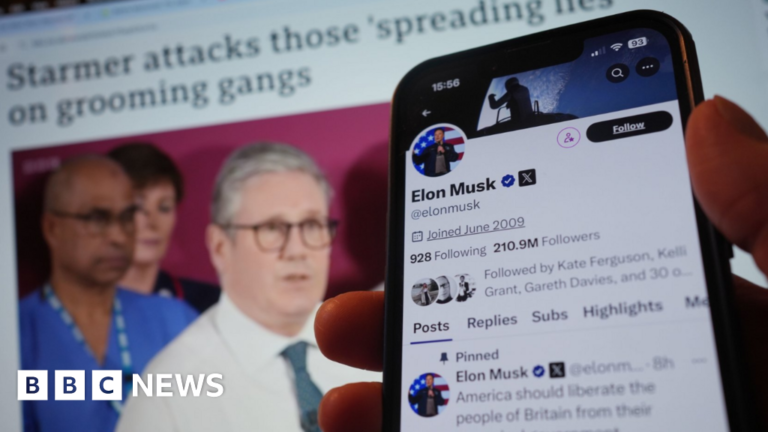Here is the result in plain text:
For much of this week, President Trump was consumed by a single question. What should he do about his national security adviser, Michael Waltz?
He told allies that he was unhappy with the press coverage but that he did not want to be seen as caving to a media swarm, according to several people briefed on his comments. And he said he was reluctant to fire people in the senior ranks so early in his second term.
But for Mr. Trump, the real problem did not appear to be his national security adviser’s carelessness about discussing military plans on a commercial app, the people said. It was that Mr. Waltz may have had some kind of connection to Mr. Goldberg, a Washington journalist whom Mr. Trump loathes.
On Wednesday evening, Mr. Trump met with Vice President JD Vance; the White House chief of staff, Susie Wiles; the White House personnel chief, Sergio Gor; his Mideast envoy, Steve Witkoff, and others about whether to stick with Mr. Waltz.
Late Thursday, as the controversy swirled, Mr. Trump summoned Mr. Waltz to the Oval Office. By the next morning, the president signaled to people around him that he was willing to stick with Mr. Waltz, three people with knowledge of the president’s thinking said.
In an interview Saturday with NBC News, Mr. Trump continued to downplay the episode, calling questions around the officials involved a witch hunt.
People close to Mr. Trump say Mr. Waltz has been able to hang on in part because some in the administration still support him, and because Mr. Trump has wanted to avoid comparisons to the chaotic staffing of his first term, which had the highest turnover of top aides of any presidential administration in modern history.
Mr. Trump can always change his mind, but the episode shows Mr. Trump’s willingness to disregard external pressures in his second term, while also grappling with the limits of the loyalty tests he imposed for staff across the administration.
Even before the Signal leak, Mr. Waltz was on shaky footing, viewed as too hawkish by some of the president’s advisers and too eager to advocate for military action against Iran when the president himself has made clear he prefers to make a deal.
An association with Mr. Goldberg, however hazy, gave Mr. Waltz’s opponents more fuel to feed the skepticism.
Some of Mr. Trump’s closest allies have questioned whether Mr. Waltz, a former George W. Bush administration official, was compatible with the president’s foreign policy.
In a statement, the White House press secretary, Karoline Leavitt, said Mr. Trump has a team whose members debate each other but know that he is the “ultimate decision maker.” “When he makes a decision, everyone rows in the same direction to execute,” she added.
Weeks ago, a discussion arose among some aides about whether Mr. Waltz was ideologically aligned with the president. Mr. Trump, who has at times been effusive in private about Mr. Waltz, made clear he did not want to start the cycle of dismissals so early in his second administration, according to two people briefed on the conversation.
Mr. Trump, who regretted pushing out his first national security adviser, Michael T. Flynn, after less than a month in 2017, believed it would feed a narrative that he engenders chaos.
While Mr. Waltz may keep his job, the controversy has reminded Mr. Trump’s aides that the president’s strategy of crisis management — doubling down and denying, no matter how problematic the facts are — does not seem to work as well for them as it has over the years for Mr. Trump.
Mr. Trump has demanded loyalty from his staff, but the reality is that some top officials are longtime Washington hands who have relationships, past experiences and contacts with people whom Mr. Trump despises.
…and so on.
Source link




